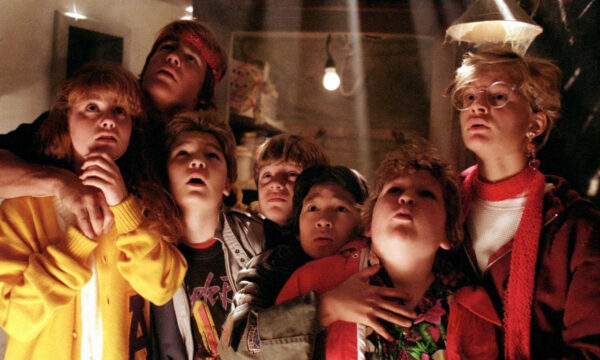How to diagnose and repair the six most common water heater problems

Water heaters can be a mystery to people everywhere. All we know is that a water heater is a tank that either uses gas or electricity to bring hot water to us. This, understandably, makes it easy to panic when we find that there is an issue with our water heater. However, you do not have to replace your heater every time a small issue comes up, especially if these issues are common ones that can be easily and inexpensively fixed by a contractor.
Before getting just any contractor to fix your water heater for you, you need to ensure that you understand what is wrong with your water heater so that you do not get scammed into paying more money for a simple and easy-to-fix issue. You should also look for contractor recommendations online. According to the professionals from My Trusted Contractor, there are various contractors out there that can easily handle water heater repairs for a reasonable price, you just have to take the time and compare different contractors in your area before you hire one.
To help you make an informed decision, here are the 6 most common water heater problems and their easiest fixes.
1. Damaged Heating Element
This is one of the most common issues when it comes to electric heaters. You don’t have to panic though because it can be identified and easily dealt with. If you have a damaged heating element, you can diagnose it easily because your heater will simply not be heating water as well as it used to do. Usually, if you have this issue, the heater will give you some warm water, but nothing like before. To solve this problem, you can replace the damaged heating element with a new one that will work well. Just remember to turn off the heater because you do not want to be electrocuted in the replacement process.
2. Damaged Circuit Breaker
If your heater does not even give you any amount of hot or warm water, then you probably have a damaged circuit breaker. You can also make sure the diagnosis is correct by connecting the heater to a power source. If it does not turn on, then you need to replace the circuit breaker inside of the heater. For this type of work, a professional should handle the issue to avoid irreversibly damaging the heater in the process.
3. Faulty Temperature and Pressure Valve
You can detect a faulty temperature or pressure valve by the fact that water is leaking out of the top of your heater. Usually, condensation will be found at the bottom of your heater, but it is rare to find any water coming from the top of your heater without it being an issue that needs to be addressed. Replacing a temperature and pressure valve is an easy enough process, but you need to remember to get rid of any hot water in the heater tank before trying to replace the valve to avoid any accidents.
4. Corrosion
Corrosion is easy to notice because you will find that the water coming out is discolored. You see, there is a rod inside heaters made of metal, and just like any metal, it can corrode over time. Since the rod is in contact with the water, the water becomes tinged with a brownish color. This issue requires replacement of the rod and you will also have to clear the tank from any water that may have been contaminated from the corroded metal.
5. Bacteria in the Tank
Have you noticed that the water coming out of the heater has a bad smell? This means one of two things; if your heater is electric and the smell is slightly sulphuric or smells like rotten eggs, then it means the anode rod needs to be replaced. On the other hand, if the smell is not sulphuric but still there, then you need to have your water tank regularly cleaned because this means that the bacteria living in water have decided to make your water heater tank their new home.
6. Sediment in the Tank
Do you hear loud noises coming from your heater when it is on? If so, it could indicate that there is sediment in the tank. Sediment from water collects over time and can lead to rattling sounds coming from the heater. If after cleaning the tank the sound persists, then you might need to replace your water heater completely.
The above 6 issues are the most common when dealing with water heaters. Now that you know what these problems entail and how you can detect and fix them, you can easily keep your water heater running smoothly. If you feel like you are out of your depth when dealing with such issues, don’t hesitate to contact a professional contractor so that you do not cause further damage to your water heater while trying to figure out how to fix or replace one of its parts.
The editorial unit
























Facebook
Twitter
Instagram
YouTube
RSS